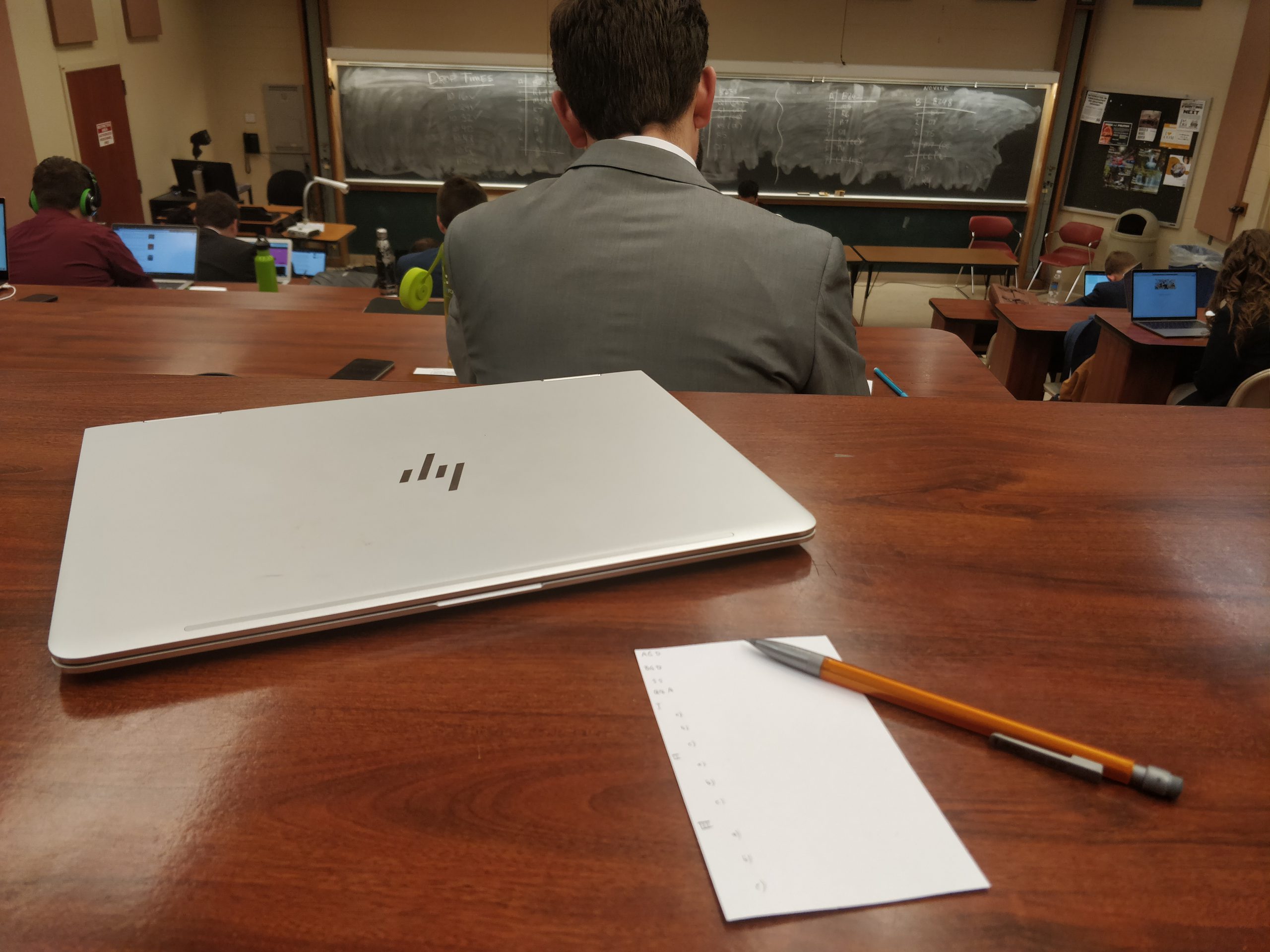Why would a
TV station employ foreign correspondents?
They only appear on screen when something important happens in their country.
In the case of some states, this can be extremely rare. Still, these people are
academically qualified and must be paid a reasonable salary. How can all of
this be worth the effort?
These are some questions I’ve asked myself when I was younger. Now, I’ve discovered some answers. Foreign correspondents are crucial for the understanding of societal and political issues abroad. Without them, our news agencies couldn’t provide truthful reports about China, Russia, and other nations. The reason for this is the biased lens with which we perceive the world outside our home country. Without even noticing the existence of this lens, we develop a strongly simplified view of the countries when we’ve never lived in. We have our clichés, our labels and our assumptions about every relevant state on the planet. Often, this lens is quite homogenous across whole nations. For example, all Austrians seem to have similar views about the US, Australia or Pakistan. Some people are an exception, in particular, the foreign correspondents. They see beyond the biased perspective and can tell us what’s really happening in their current home.
Crazy killers
When I landed in Munich, the United Stated had killed an important Iranian general a few days earlier. By the time, I was still mainly obtaining my news from the Wall Street Journal. In there, the reports about the targeted bombing in Iran were very objective, describing precisely what had happened and what different governments had said about it. They were delving into the background of the killing, giving the reader an idea about the complexity of the matter.
When arriving at home, I repeatedly heard something along the lines of “Oh Jakob, that crazy guy Trump has killed this general. He can’t wait to start World War 3 it seems! What an insane country you’ve just come from.” After just 4 days, Austria and probably all of Europe had found their consensual opinion on what the US had done in Iran: It was a crazy and brainless action. Having read the articles in the Wall Street Journal before, I was shocked by the degree of simplification that had taken place here.
In Austria, everyone had quickly applied their labels to interpret what was on the news. Due to their gun laws and their military presence in the world, the US is already considered a violent country. Due to his tweets and actions, Trump is already considered crazy. Logically, this president of this country would want to start another world war. At least, that’s the simplified Austrian logic. Contrary to that, while in the States, I’ve perceived Trump as a president who wants to avoid military conflict. Why would he remove his troops from Syria? Why would he condemn wars his predecessors had wages? There’s even a video claiming that Donald Trump desperately wants the Nobel Peace Prize. Apparently, he’s not a peaceful lamb, but matters are more complex than it seems at first.
Fast labeling
What happened in Austria is a perfect example of what I call fast labeling. Our world is too complex for the average media consumer to have a complicated, multiscale opinion on every global issue. It’s already worth acknowledging the people who invest some time to understand their domestic politics. Therefore, when something appears on the news, people and media are quick to label events and people as good or bad, as smart or dumb, as reasonable or crazy. These labels add up over time to construct an image of what a country’s like. As soon as enough labels and enough stereotypes have accumulated, we start to expand this bundle of opinions to everything related to the nation. If a country often receives the “bad”-label, we start thinking of its inhabitants as bad people. If we label many things they do as “smart”, we might be more eager to study or work there. Most importantly, we use the bundle to evaluate future news reports.
All of this is very natural for humans to do, considering we don’t have infinite time to read newspapers. What’s alarming, however, is the low awareness of this phenomenon. We take our labels for granted and even assume that everyone shares them with us. Those people who don’t share them – for example, Trump voters if we look at the US – are considered alien, crazy, less informed humans. This causes dangerous feelings of superiority and inhibits mutual understanding across cultures. In our globalized world, fast labeling is therefore a severe issue.
The cure for fast labeling
There are quite a few things one can do in order to avoid the biased lens with which people and countries see the world. A simple and effective one is considering foreign news outlets. When working out our opinion towards strikes in Paris, wouldn’t it make sense to consider what “Le Monde” thinks about it? Even the other way around, I enjoy reading German articles about Austria. In whichever way we do it, diversifying our media consumption will enable us to better grasp the complexity of global issues.
The most efficient way to improve one’s understanding of the world is, of course, going abroad. Living in another country, engaging with local people and being part of a new culture enables us to understand things better. That’s the job of foreign correspondents: They simply perceive their assigned nation from the perspective of local inhabitants. Only this way they can give less biased interpretations of the news, considering political trends or the societal atmosphere. Living abroad is our only way to really understand other countries and to get rid of our labels.







